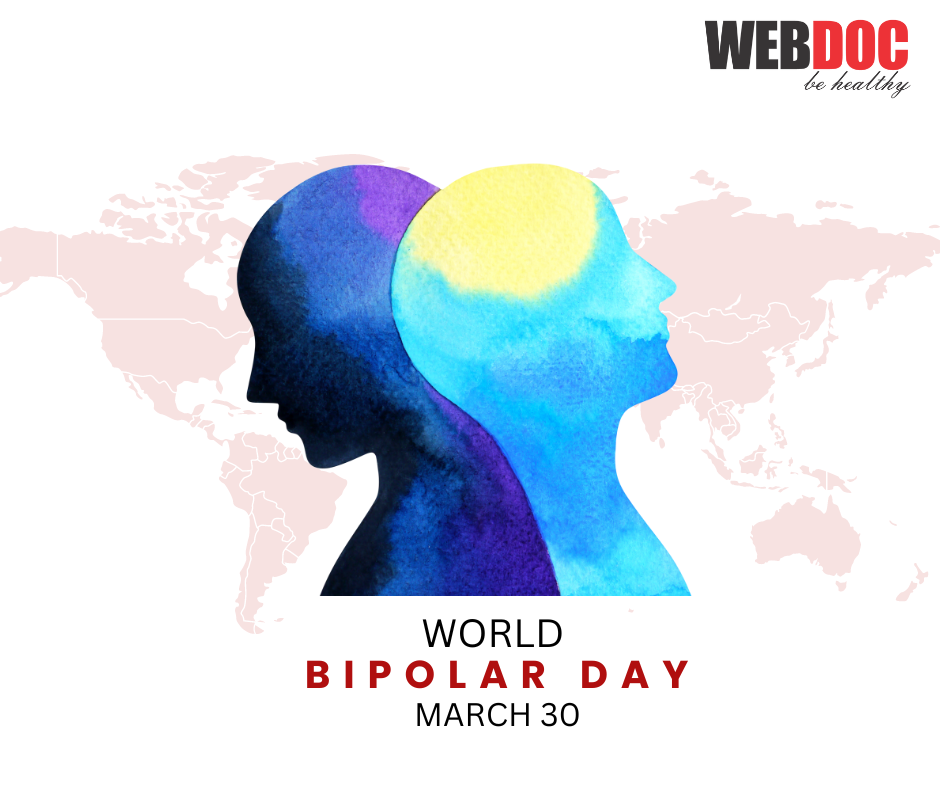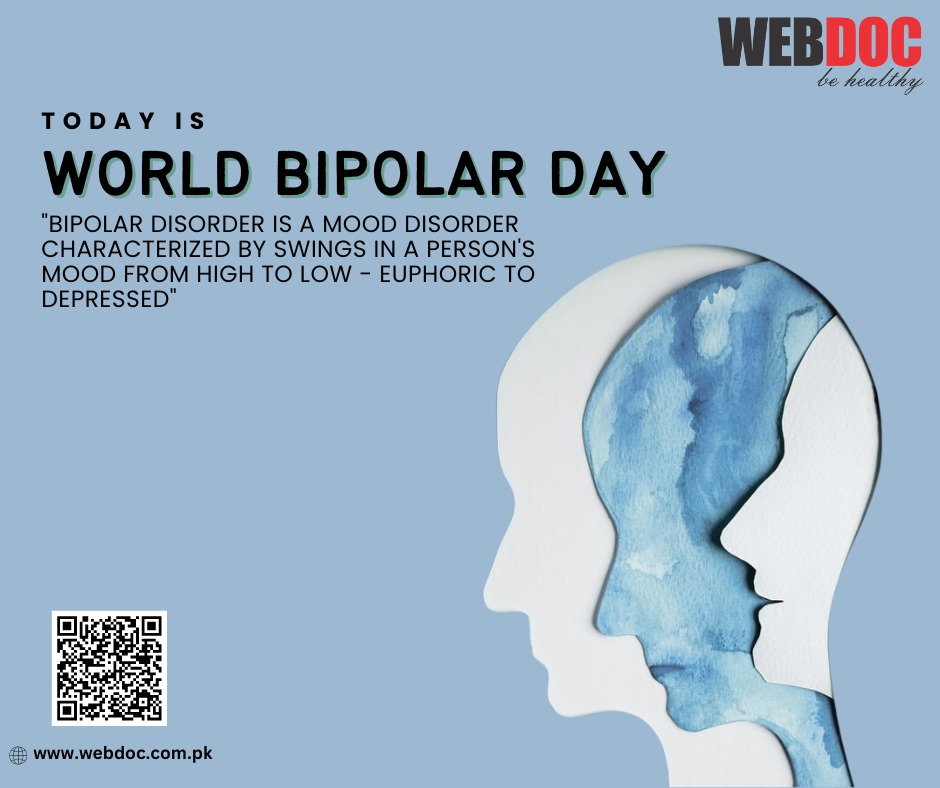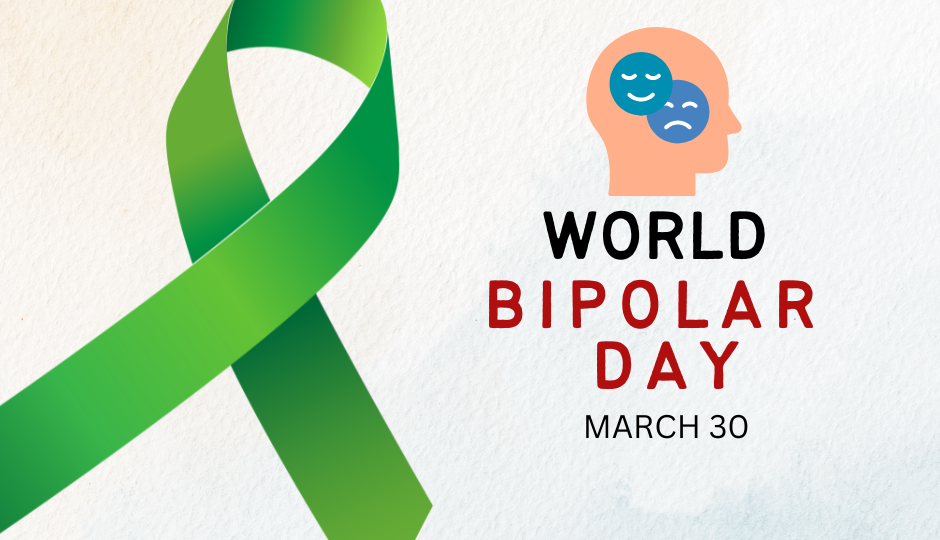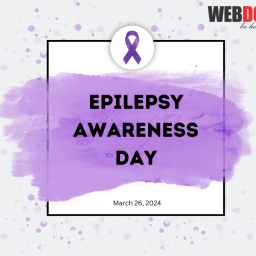Understanding Bipolar Disorder
World Bipolar Day, observed annually on March 30th, is an initiative aimed at raising awareness about bipolar disorder and providing support to those affected by this mental health condition. It serves as an opportunity to educate the public, reduce stigma, and advocate for improved access to treatment and resources for individuals living with bipolar disorder.
Defining Bipolar Disorder
Bipolar disorder, formerly known as manic-depressive illness, is a mental health condition characterized by extreme mood swings that include emotional highs (mania or hypomania) and lows (depression). These mood shifts can range from periods of heightened energy, euphoria, and creativity to feelings of sadness, hopelessness, and despair. Bipolar disorder can significantly impact an individual’s ability to function in daily life, affecting relationships, work, and overall well-being.
The Significance of World Bipolar Day
World Bipolar Day holds significant importance in the global mental health community for several reasons:
Raising Awareness
World Bipolar Day shines a spotlight on bipolar disorder, helping to increase public understanding of the condition and its impact on individuals and families. By sharing accurate information and personal stories, advocates strive to dispel myths and misconceptions surrounding bipolar disorder.
Reducing Stigma
Stigma and discrimination often accompany mental health disorders, including bipolar disorder. World Bipolar Day seeks to combat stigma by fostering empathy, compassion, and acceptance for those living with the condition. Open discussions and education can challenge stereotypes and promote a more supportive environment for individuals seeking help.
Promoting Early Intervention and Treatment
Early detection and intervention are crucial for managing bipolar disorder effectively. World Bipolar Day encourages individuals to recognize the signs and symptoms of the disorder and seek professional help promptly. By promoting access to mental health services and resources, the day aims to improve outcomes and quality of life for those affected by bipolar disorder.
Advocating for Supportive Policies
Advocacy efforts on World Bipolar Day extend beyond raising awareness to advocating for policies that prioritize mental health care and support services. This includes advocating for increased funding for mental health research, improved access to affordable treatment options, and the implementation of supportive workplace and school environments.
Supporting Individuals and Families
On World Bipolar Day, support groups, mental health organizations, and advocacy networks often host events and initiatives to provide support and resources to individuals living with bipolar disorder and their families. These may include educational seminars, peer support groups, art therapy workshops, and online forums where individuals can connect with others who share similar experiences.
Moving Forward with Hope and Understanding
As we observe World Bipolar Day, it’s essential to recognize the resilience and strength of individuals living with bipolar disorder. By fostering a culture of empathy, understanding, and support, we can empower individuals to seek help without fear of judgment and promote inclusive communities where everyone can thrive.
In conclusion, World Bipolar Day serves as a reminder of the importance of mental health awareness and advocacy. By coming together to educate, support, and advocate for individuals living with bipolar disorder, we can work towards a future where everyone has access to the resources and care they need to lead fulfilling lives. Let us continue to strive for a world where mental health is valued, understood, and prioritized.







